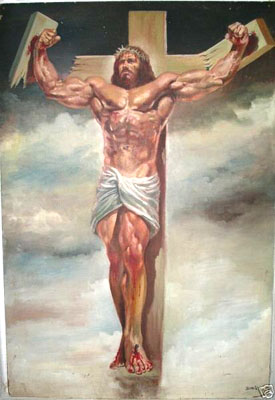I am almost a Dracula completist and when I saw the HB of Dacre Stoker’s book on the discount table, I took a look inside & thought “No thanks”.
I’m gonna say something very controversial - for his limited acting skills & uneven British accent, Keanu Reeves was not bad as Jonathan Harker. He was a young unimaginative solicitor starting out in the world & waiting to marry, who then becomes confronted & is forced to man up & fight supernatural horror. Keanu manages that very well IMO.
Coppola’s Dracula came very close to getting Renfield right, except that in the end, he cowers too much to Dracula. Jack Sheppard in the 1977 BBC Louis Jordan version shows Dracula as very much the tragic martyr. Dwight Frye made him quite sympathetic as well as somewhat comic, but not heroic or tragic.

